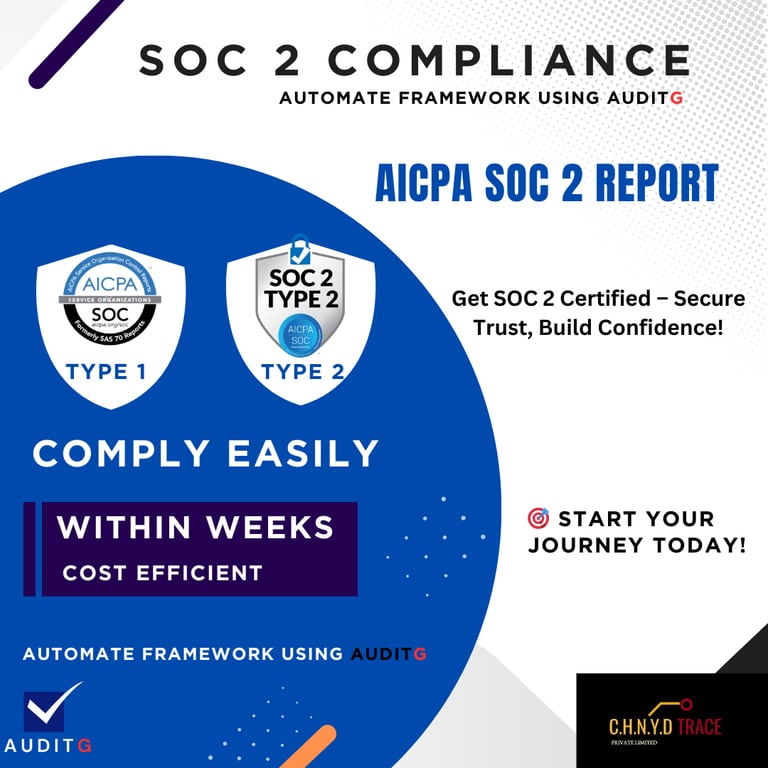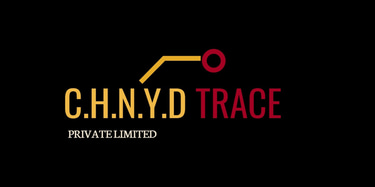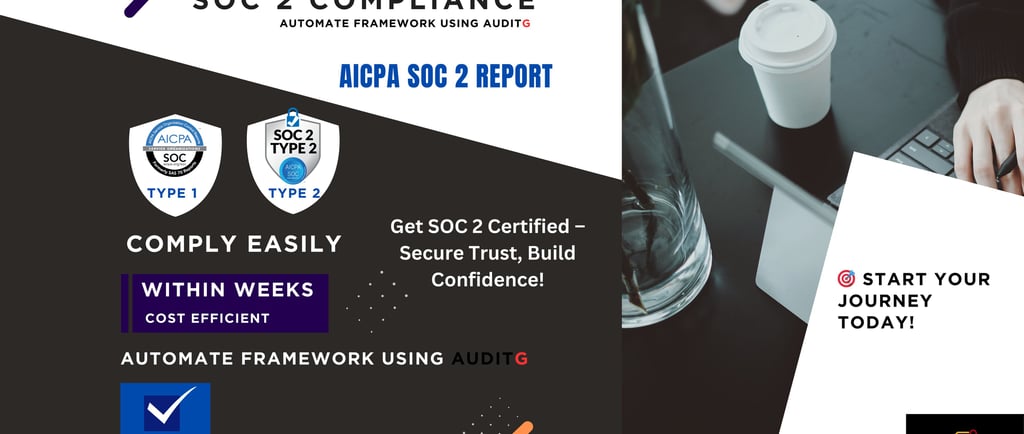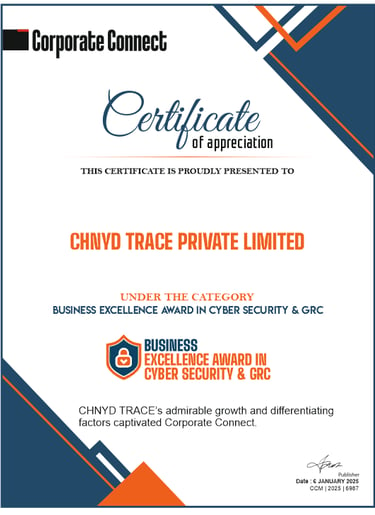why get soc 2 certification
Why Get SOC 2 Certification? The Benefits for Data Security and Customer Trust
11/30/20244 min read
Understanding SOC 2 Certification
SOC 2, or Service Organization Control 2, is an audit framework specifically designed for service providers that store customer data in the cloud. It plays a crucial role in assuring clients that their sensitive data is managed securely. The primary purpose of SOC 2 certification is to help organizations demonstrate their commitment to data security and compliance with best practices in the industry. This certification is particularly relevant for technology and cloud computing businesses where data privacy and security are paramount.
The SOC 2 framework is structured around five Trust Services Criteria: security, availability, processing integrity, confidentiality, and privacy. Each criterion serves as a benchmark against which organizations can be evaluated. The security principle ensures that systems are protected against unauthorized access, while the availability criterion confirms that systems are accessible as stipulated by service agreements. Processing integrity refers to the system's ability to process data accurately, without error or delay. Confidentiality deals with protecting sensitive information from unauthorized access, and privacy focuses on how organizations collect, use, and manage personal data.
Organizations seeking SOC 2 certification undergo a rigorous audit process where an independent third-party evaluator assesses their systems and controls against these criteria. This audit not only verifies the effectiveness of existing security measures but also identifies areas that need improvement. The successful completion of a SOC 2 audit results in a certification report that can be shared with potential clients, enhancing credibility and building trust in an increasingly skeptical marketplace.
In essence, understanding SOC 2 certification encompasses recognizing its significance in today's data-driven landscape, particularly regarding safeguarding customer data and reinforcing operational integrity. This foundational knowledge lays the groundwork for exploring the numerous benefits that accompany obtaining SOC 2 certification.
Benefits of SOC 2 Certification for Data Security
SOC 2 certification plays a pivotal role in strengthening an organization’s data security framework. This certification focuses on five trust service criteria: security, availability, processing integrity, confidentiality, and privacy. By implementing these criteria, organizations can enhance their security measures, thus protecting sensitive information from unauthorized access and data breaches. Achieving SOC 2 compliance illustrates a commitment to safeguarding customer data, fostering trust and confidence among clients.
One of the primary benefits of SOC 2 certification is the establishment of robust security controls. Organizations are required to perform risk assessments and develop security policies that address these vulnerabilities comprehensively. By identifying existing weaknesses, companies not only bolster their defenses but also decrease the likelihood of potential data breaches. Moreover, organizations can effectively mitigate risks associated with data management, ensuring they remain adept at responding to evolving security threats.
Furthermore, obtaining SOC 2 certification facilitates organizations in enhancing their overall security posture. This certification process promotes continuous monitoring and improvement of security practices, which are essential in today’s dynamic threat landscape. Regular audits and adherence to best practices help organizations maintain compliance with industry regulations and standards, such as GDPR and HIPAA. Thus, businesses can proactively manage data security and strengthen their reputation as reliable custodians of client information.
The process of pursuing SOC 2 certification not only emphasizes the significance of effective data protection but also encourages organizations to adopt a culture of security awareness. Employees are trained on security protocols and best practices, creating an environment where cyber threats are taken seriously. By fostering such a culture, organizations are better equipped to navigate security challenges while promoting a strong sense of accountability.
Building Customer Trust Through SOC 2 Certification
SOC 2 certification has emerged as a pivotal standard in the realm of data security, primarily influencing the way customers perceive organizations' commitment to protecting sensitive information. As businesses increasingly prioritize data security, the certification serves as a verifiable assurance to customers that their data is being handled with the utmost care and diligence. The implications for customer trust are profound. Companies that maintain SOC 2 certification can effectively communicate their adherence to strict data security protocols, thus cultivating a stronger relationship with their clientele.
The confidence instilled by SOC 2 certification can directly translate into enhanced consumer trust. For instance, consider a cloud service provider that successfully undergoes the SOC 2 audit process. By publicly sharing its certification status, this provider not only demonstrates its compliance with high standards of security but also differentiates itself from competitors who may not have taken similar steps. This transparency reassures potential clients about the provider’s dedication to safeguarding their data, leading to increased conversion rates and customer loyalty.
Furthermore, in an environment where data breaches and privacy violations are frequently publicized, customers are becoming more selective about the companies they engage with. SOC 2 certification can act as a significant competitive advantage. A software as a service (SaaS) company, for example, that showcases its SOC 2 compliance might attract customers who prioritize data security, even over pricing considerations. This scenario illustrates how the certification not only aids in building trust but also fosters long-term relationships, ultimately resulting in higher retention rates.
In conclusion, SOC 2 certification is more than just a badge of compliance; it's a powerful tool for organizations to build customer trust. By clearly demonstrating a commitment to data security and privacy, businesses can leverage this certification to enhance customer relationships, improve retention, and gain a competitive edge in the marketplace.
Steps to Achieve SOC 2 Certification
Achieving SOC 2 certification is a structured process that involves several critical steps aimed at enhancing an organization’s data security and compliance posture. The journey begins with performing a readiness assessment, which serves as an evaluation of current practices against the SOC 2 criteria. This assessment is crucial for identifying gaps in processes or controls related to security, availability, processing integrity, confidentiality, and privacy. By understanding these gaps, organizations can take the necessary steps to address them before the formal audit begins.
Once the readiness assessment is complete, the next step is to select an independent auditor who specializes in SOC 2 compliance. Choosing the right auditor is essential, as they not only conduct the audit but also provide valuable insights into best practices and improvements. It is advisable to consider auditors with a proven track record and expertise in the specific industry of the organization, as they will be familiar with applicable risks and regulatory requirements.
Following the auditor's selection, organizations must prepare for the audit itself. This involves documenting existing processes, control activities, and security measures. Comprehensive documentation is critical because it provides evidence to the auditor that the organization meets SOC 2 standards. Moreover, organizations should conduct internal reviews and simulations to ensure that all controls are effective and operational prior to the actual audit.
Achieving SOC 2 certification is not a one-time effort; rather, it emphasizes the need for continuous monitoring and improvement. Post-certification, organizations must regularly assess their controls and compliance with SOC 2 requirements. This ongoing evaluation ensures that security practices evolve in response to new threats and changes in the business environment while maintaining customer trust through demonstrated commitment to data security.
Contact Us for SOC 2
Reach out for SOC 2 Type 2 certification inquiries and AICPA attestation details. We're here to assist you with your compliance needs.








